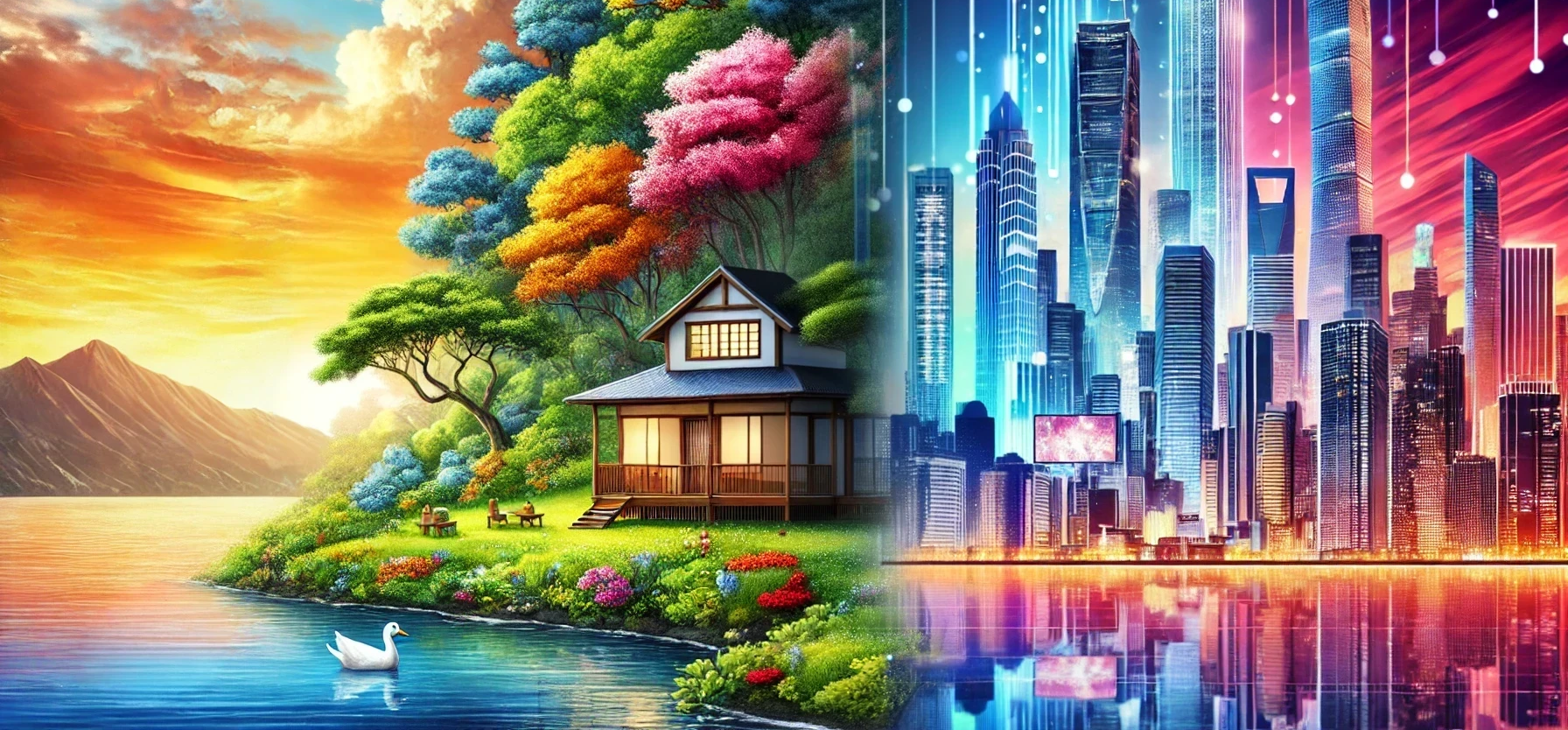Since moving to the cottage on this island about a year ago, I started watching some highlights, almost daily, of sports I enjoy watching — naturally, those I myself played when I was young, and in particular, hockey and football (soccer). 5-10 minute highlight reels are more than enough because I can’t endure hours of delays, commercial breaks, and listening to mindless commentators prattle on about the same things they’ve said for years on end. I just need the goods, the meat of it, and preferably without spoilers.
What I’ve come to realize is that the effects of “globalism” are evident, especially in major sports. And that, of course, shouldn’t be a surprise. But it reflects the greater conformation that has happened and is happening across the realm. The effects of these capitalistic, billion-dollar organizations are hard to ignore. Whether you’re watching English, French, Spanish, German, Italian, African, Russian, American, or South American football, the exact same setup exists. The same advertising screens, panels, and billboards are placed in the same places where cameras will pan across and focus during the game’s action. The only difference is the language and alphabet.
…the power to homogenize, to have people think, speak and act in a similar manner, is the heavy artillery of cosmic censorship. One could see it as a form of social control that imposes on the world a flavorless identity, decreeing that everyone eats the same processed food, watches the same Hollywood movies, laughs at the same type of humor, lobbies for the same range of values that are foisted upon them, and asks no intelligent questions about why things are the way they are. Through its pressure to conform, it produces a gross flattening of the world, bringing both public and private life under the jurisdiction of a widely accepted mainstream – that which is “known” by everyone and taken as the only credible categorization of reality, with all else being underground or weird.
The biggest and most widely broadcast leagues, not surprisingly, feature the most prominent messaging and social propagandizing of our time, with rainbow flags and obvious “anti-” sentiments blatantly and mindlessly plastered in full view. Yes, take a knee, stop racism and violence; everyone is included, but then watch as grown men take each other out chasing a fucking ball around the pitch. Why do people tolerate such inane and meaningless posturing? You’re not there for peace or unity. The screaming crowd of 60,000 doesn’t give a shit about DEI or LGBTOU812. You’re there to see your team kick the other team’s ass, singing and chanting and booing and hissing all the way through. Players on the pitch generally have an evident respect for each other. The game has become cross-cultural and international, with the best players of many diverse nations finding careers in far-off lands, coming home during seasonal breaks for various qualifying matches and trophy-hunting tournaments. I find it interesting that Japanese players are the stars of Scottish football clubs, or South Koreans are captains of English Premier League teams. It’s wonderful.
 Meanwhile, Back in the Valley
Meanwhile, Back in the Valley
Last summer, I spent a lot of time driving around the interior of BC, both to explore places I hadn’t seen nor been to in years and to seek out a place to call home for a while. One thing you can rely on is that before long you’ll come across the same gas stations, strip malls, or even big box stores and shopping centers. You’ll find all the usual suspects featuring their bright signage in vibrant primary colors. Beautiful tree-lined winding highways in the mountains inevitably lead to widening streets and avenues and concrete formations. Ghosts of past industry or generational economic booms and busts stand beside the shiny, cheap, remarkably ugly, and new. While there is a surface-level benefit to these uniform conformities, what was there before — trees, grass, and open space — is still arguably better. We don’t much improve upon what was; we just spread it out further.
We’re conditioned toward a certain level of convenience and living in proximity to variety, entertainment, and amenities. At the same time, we’re conditioned to accept operating across nearly all aspects of our civilization, throughout our institutions, and governance, at very, VERY low efficiency and an incredible amount of wasted time, energy, and resources. A properly maintained vehicle can last for decades, yet most will be neglected and traded in before long. Any phone, tablet, laptop, or desktop computer could serve 99% of society with 99% of their typical usage for well over a decade, but incessant software “security” and operating system upgrades and splashy ad campaigns demote these transiently exciting, novel, more-pixels-than-ever things into cold and silent bricks and partially recyclable paperweights before long.
That’s not progress, but it is how we are barely maintaining a functional society. Sameness across the land isn’t impressive in the slightest. Higher and broader towers of concrete and glass aren’t improving the quality of anyone’s life, stabilizing their lifestyle, or making it easier for them to make plans, save for the future, or better themselves. More laws, statutes, and regulations do not make living in modernity any safer, more secure, fulfilling, or more personally or spiritually liberating. It’s designed to conform our hearts and minds and general behaviors into alignment with the forced culture of The Market, and the ever-encroaching machinations of capitalism; to consume, repeatedly, mindlessly, desperately seeking outlets and inputs to stave off any hints of emptiness, loneliness, meaninglessness, or depression. But it doesn’t work. Though we may try to convince ourselves otherwise, we know it’s all a false front and a loss leader at best. It’s a surface-level sacrifice useful for selling the lie about what doesn’t actually exist beneath. Hey, it’s been six months. Time for a new phone. Don’t wait. Don’t think. Just go buy, buy, buy. Ooh, there’s Starbucks. Cool flags on the door. They’re so considerate and inclusive.
In observing my own life through Steiner’s lens, I found it difficult to consistently control my thoughts and actions. I began to wonder: why is it so hard to do this?
The answer became clear—society has biohacked and bio-engineered us to struggle with being good humans.
We live in what I call a “corporatocracy”—a giant corporation disguised as a society. From education to the foods we consume, like Starbucks and caffeine, everything is designed to benefit corporations, not individuals.
I delve into this in my article How Millennials Were Set Up to Fail, where I reference Seth Godin’s take on how education was designed to create obedient workers and consumers, not free thinkers.
In this way, it seems clear to me that, in general, we struggle for a semblance of purpose and structure within ourselves and without, living in perpetual consternation throughout our society. When we leave it up to the algorithm to decide what matters, we dissociate with our better-knowing selves. We don’t have — or perhaps more accurately, we choose not to make the time or space to consider what we truly, deeply want. We need to press on to earn the money, to pay the bills, to keep a roof over our heads, food in the fridge, and fuel in the car. We rely upon impulses and animalistic desires because their fixes are so readily available and usually free. Broken people slam into each other trying to feel something, if even for a few moments. But it’s only too quickly gone, and another fix is needed before long. Most of us are dopamine addicts. Relationships fail, and we blame the other.
But there is no other, don’t you see?
It behooves us to become aware of the many compromises we are making in our day-to-day living. It is harmful and spiritually depressing to carry on as if everything is alright, relying on coping and adapting to get us through. The world around you is doing it’s best to push you toward uniformity and conformity, and that’s why you’ll feel unhinged, edgy, frustrated, confused, alone, and directionless. This is accomplished through widespread censorship — a persistent, cosmic censorship. That’s the point, so you will forever choose to defer to their authority, their priorities, and their values rather than sitting quietly a few times a day and discerning your own. It’s clever, if not tyrannical.
The modern age, with its unfettered mass media and vapid popular culture, has created a populace that are all thinking the same range of thoughts, living by the standards of others and never really being themselves in the way they imagine. Yet the problems of our time go hand-in-hand with our way of thought and expression. So if people were to dress themselves in a new form of thinking and communicating, the old problems would be discarded like old clothes. It isn’t that people need to learn more about science, geography or politics – a child could be taught such things. The essential discovery of maturity is in acquiring an accurate intuition about things, which then allows you to exercise proper judgement and act accordingly.
Pause more often and have a good look at what you’re being, doing, thinking, accepting, integrating, and acting out. Ask yourself why this might be.
Solvitur ambulando
Written by Trance Blackman. Originally published on tranceblackman.com on 14 September 2024. Revised 18 September 2024.
